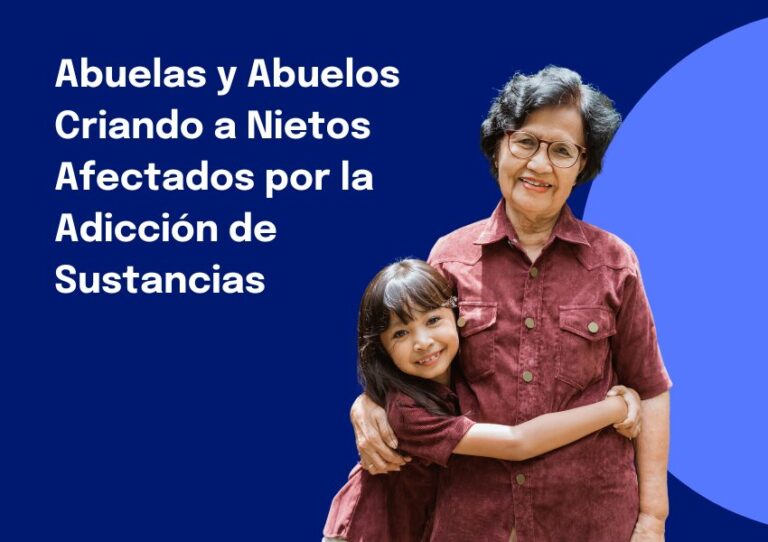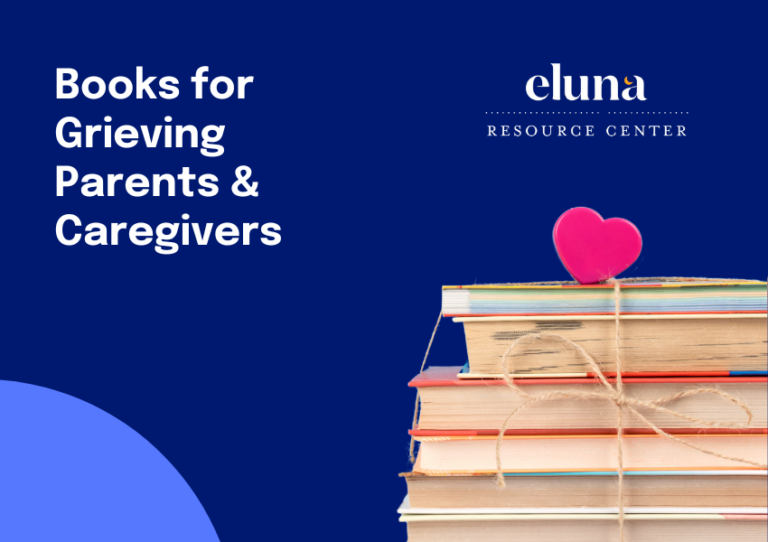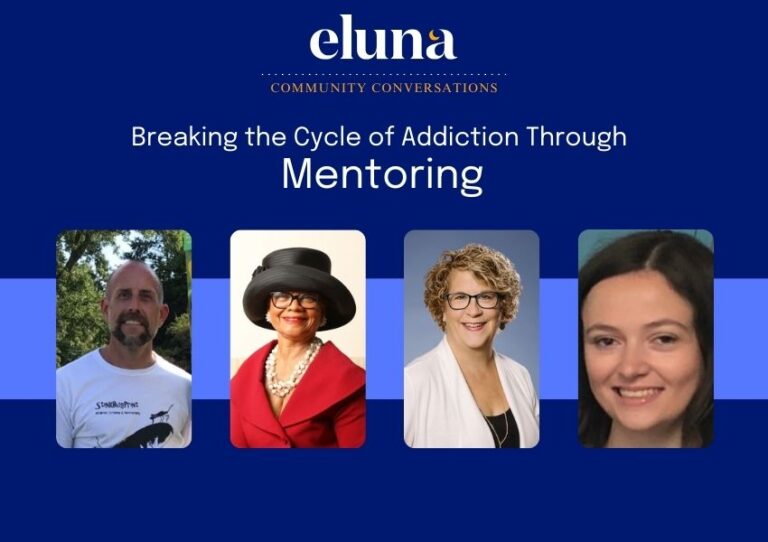Grandparents Raising Grandchildren Impacted by Addiction / Substance Use Disorder
 Substance use disorder has a tremendous impact on families, especially the most vulnerable members – the children. Some parents are forced to make tough decisions and turn to extended family to help raise their children. As of August of 2018, there were more than one million grandchildren being raised by grandparents primarily due to the opioid epidemic in this country.
Substance use disorder has a tremendous impact on families, especially the most vulnerable members – the children. Some parents are forced to make tough decisions and turn to extended family to help raise their children. As of August of 2018, there were more than one million grandchildren being raised by grandparents primarily due to the opioid epidemic in this country.
Often grandparents find themselves in difficult situations in terms of finances, providing basic needs, navigating the child’s education, and finding emotional support for both the child and themselves. These strains can be complicated and overwhelming for grandparents who are caregivers, and they can have a lasting impact on the grandchildren involved.
We asked three Grandmothers, who are facing these challenges, to share some of their well-earned wisdom. After all, this is their second go-round of raising children, and the transition is challenging considering the cultural shifts in parenting and the added strain of watching their children struggle with the disease of addiction.
Thanks to our panel of real-life experts for their wisdom and developing this important list of ideas, reminders and support tactics.
1. Establish a new foundation for the child’s life
Basic Needs: In order to establish your role as the main caregiver in your grandchild’s life, you’ll have to begin the process of meeting your grandchild’s everyday needs. This includes getting clothes, shoes, toiletries, a bed, and other everyday necessities for the child, as well as enrolling them in school. Inquire about whether your grandfamily will qualify for free or reduced lunch at school. Depending on your situation, you may also need to seek medical insurance coverage for your grandchild.
Establish Stability: Develop consistent routines with your grandchild such as bed time, homework time, chore time, etc. Children thrive in routines when they know what is expected of them. Be present enough to walk this difficult journey with your grandchild by supporting them through this difficult and confusing chapter of their life. However, it is also important for you to establish clear and consistent expectations for your grandchild. Praise and reward positive behaviors while also providing fair consequences for negative behaviors.
Next Steps: Grandfamilies.org, How to help Kids Transition, Financial Assistance Resources
2. Be open and honest
As your grandchild grows up, they will become more aware of the absence of a caregiving parent in their life. When it is age-appropriate to do so, be open and honest with your grandchild about their parent’s struggle with substance use disorder. Be firm about the consequences of abusing substances. It is important to teach positive coping strategies and resilience to your grandchild in response to distress in their lives.
Also, encourage an open yet respectful narrative about the coping strategies that their parent could have utilized as an alternative to using substances. Be sure to emphasize the consequences your grandchild will face if they choose to also use substances. Remind your grandchild that the situation is not their fault and that they did nothing wrong.
Read More: Listening and Talking with Kids about addiction, National Association for Children of Addiction, Seven C’s for Children
3. Maintain love and respect for the parent(s) struggling with a substance use disorder
Navigating the topics of substance use disorder and addiction can be very tricky, especially when it concerns a child and their parent. Although maintaining parent-child relationships in any capacity is ideal, it is most important to maintain a stable, healthy lifestyle for your grandchild. Unfortunately, maintaining contact with the parent struggling with a substance use disorder may not always be possible or healthy for your grandchild. Either way, it is important to maintain respect for the parent because children are sensitive and may be confused as to why their parent is not an active part of their life.
Speaking negatively about the parent in front of your grandchild can damage children’s self-esteem throughout their development. Be aware of the language you are using surrounding the topic of addiction as it relates to their parent(s). For example, using the word “addict” creates a label that casts a shadow of stigma around the parent as if that is the only characteristic that defines them. Instead, try referring to the parent as someone who struggles with “substance use disorder” or the “disease of addiction”. These considerations will greatly benefit your grandchild, their mental/emotional health, and their relationship with their parent throughout their childhood and into adulthood.
Helpful tips from Foster Parents
4. Consider seeking counseling for the child
When it is age-appropriate, you may consider seeking counseling for your grandchild. The loss of a parent as a main caregiver in a child’s life is considered an Adverse Childhood Experience (ACE) , risking the mental and emotional stability of your grandchild. Professional counseling may provide a stem of stability for your grandchild as they navigate other obstacles in their life, such as school, friendships, extracurricular activities, and their relationship with you as their caregiver.
Anger and confusion are common emotional responses for children whose parents stuggle with addiction, and openly discussing these emotions will be beneficial for your grandchild, especially as they grow older. Family counseling for yourself and your grandchild may also be beneficial for the child’s stability while simultaneously providing you with further support on your caregiving journey.
Understanding more: ACES , Watch Nadine Burke Harris Ted Talk, Accessing Mental Health Care
Next Step: Google “Child Therapist Near Me”
5. Try to be positive about the difficult situation at hand
Although your situation may not be ideal, your grandchild ultimately needs you in their life, and there are many beautiful moments that you will be able to share with your grandchild over the years. You will get the opportunity to first handedly experience monumental life moments with your grandchild, such as first steps, holidays, graduations, sporting events, and academic achievements.
Remember to take care of yourself mentally, physically, and emotionally as your health and stability as your grandchild’s main caregiver is imperative. This difficult situation is not your fault as you did not make the decision to abuse substances, so be gracious and forgiving of yourself in this journey. You will make mistakes, as all parents do, however your response to these mistakes is ultimately what will impact the wellbeing of your grandchild in both the short-term and the long-term.
Mindfulness and Self-care: S.T.O.P. technique, Trauma Stewardship: An Everyday Guide to Caring for Self while Caring for Others
6. Build a community of support
Peer Support: Some community organizations provide “Grandparents Raising Grandchildren” support groups that can be revolutionary, and places of worship will soetimes provide support groups for grandparents who are raising grandchildren. If they do not, consider starting a group!
Family: Seeking community within your own extended family will also be beneficial as it provides support for you while establishing a familiar network for your grandchild to rely on when they need support. If you have extended family members in the area, ask for their help. Reach out for logistical support (pick up and drop offs) as well as babysitting time which might give you a chance to do some self-care.
Organizations and Afterschool Programs: Consider enrolling your grandchild in community sports programs, school, community, places of worship. clubs, and community service opportunities. These activities will provide additional support for your grandchild while also teaching them important life lessons and skills.
National Organizations and Afterschool Programs for Youth: Big Brother/Big Sisters of America, Boys and Girls Clubs of America, Boy Scouts of America, Girl Scouts of America, YMCA
Next Step: Google: “grandfamily support near me”.
Generations United has developed a 33-page downloadable booklet that does a deeper dive on all of the issues above. Click to download: Grand Resource: Help for Grandfamilies Impacted by Opioids and Other Substance Use


